Trump Paid Research Team to Investigate 2020 Election, Then Got Mad and Buried Report When They Found Nothing
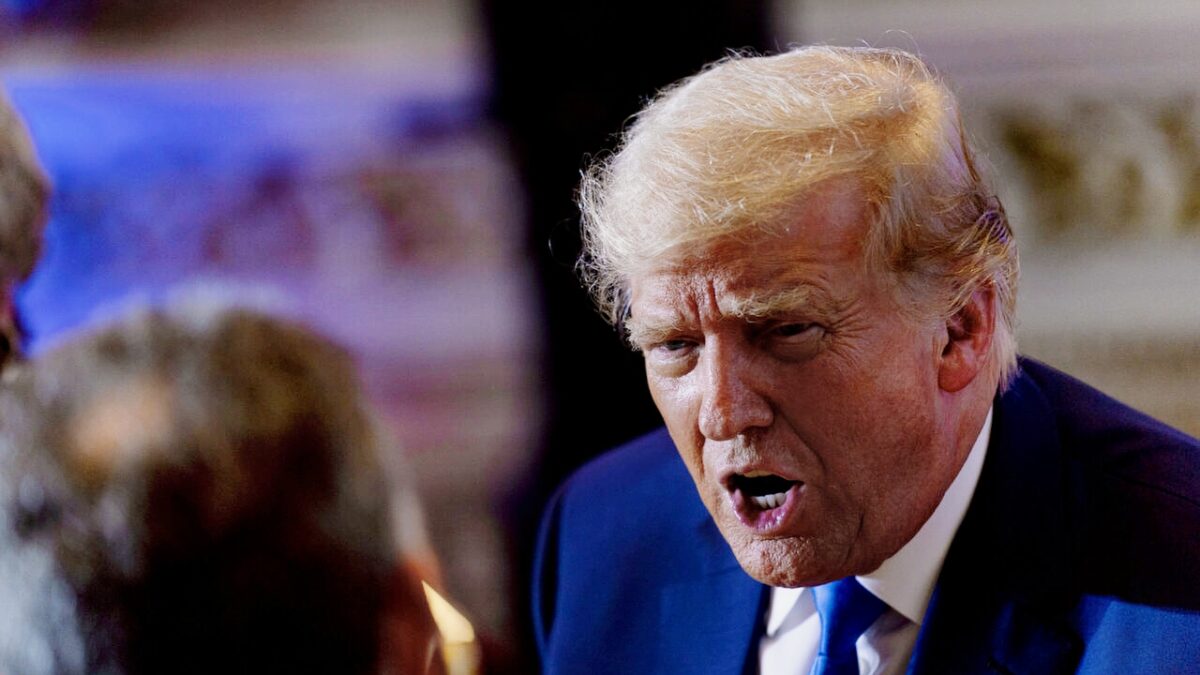
AP Photo/Andrew Harnik
A new report from the Washington Post details a previously-unknown element of former President Donald Trump’s 2020 redux obsessions, describing a comprehensive research project he commissioned to develop proof of election fraud — and his response when the consultants failed to find the smoking gun he so fervently desired.
Trump has made no secret of his desire to throw out the results of the 2020 election and declare himself the winner. He’s never wavered from his baseless claims of election fraud, throws his endorsement support almost exclusively behind other candidates who indulge his election denialism, and has gone so far as to call for the “termination” of the U.S. Constitution (not to mention his role in inspiring the Jan. 6 Capitol rioters).
According to the Post’s Josh Dawsey, the Trump campaign paid research company Berkeley Research Group through a subsidiary called East Bay Dispute and Advisory consulting fees that totaled “more than $600,000 in the final weeks of 2020.” There may have been even more spent; the Post’s sources said other outside researchers were also hired.
So what did Trump get for his hundreds of thousand of dollars? Sources familiar with Berkeley’s work for the campaign say that around “a dozen” researchers were involved, including “econonmetricians” who used “statistics to model and predict outcomes,” digging into “at least a dozen hypotheses.”
The research work included Georgia, Pennsylvania, Michigan, Wisconsin, Arizona, and Nevada, searching for possible voter machines malfunctions, evidence of dead people’s names being used to vote, and other inquiries attempting to prove that the votes in these states should have gone to Trump instead of Joe Biden. (Each of these states, except Nevada, voted Trump in 2016 and flipped blue in 2020.)
As one source described the research:
“They looked at everything: change of addresses, illegal immigrants, ballot harvesting, people voting twice, machines being tampered with, ballots that were sent to vacant addresses that were returned and voted,” said a person familiar with the work who, like others, spoke on the condition of anonymity to describe private research and meetings. “Literally anything you could think of. Voter turnout anomalies, date of birth anomalies, whether dead people voted. If there was anything under the sun that could be thought of, they looked at it.”
The ex-president infamously lost over 60 court cases, in both state and federal courts — many of which were decided by Republican-appointed or even Trump-appointed judges. But Berkeley’s research never made it into any of these court files.
“None of the findings were presented to the public or in court,” wrote Dawsey, and that was for a very obvious reason: they didn’t really find anything.
The sources told the Post that researchers found issues typical of elections: some “voting anomalies,” “unusual data patterns,” and “some instances in which laws may have been skirted,” but none of it was evaluated as being “significant enough to make a difference in who won the election.”
The research also reportedly debunked some of Trump’s conspiracy theories he was peddling about the election, including claims about rigged voting machines and mass voting by dead people.
Berkeley’s senior officials provided a briefing for Trump, his chief of staff Mark Meadows, and several other top advisers in a Dec. 2020 conference call, according to the Post, and it did not go well:
Meadows showed skepticism of the findings and continued to maintain that Trump won. Trump also continued to say he won the election. The call grew contentious, people with knowledge of the meeting said.
New: The Mediaite One-Sheet "Newsletter of Newsletters"
Your daily summary and analysis of what the many, many media newsletters are saying and reporting. Subscribe now!

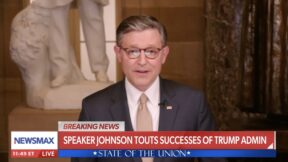
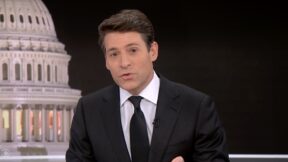
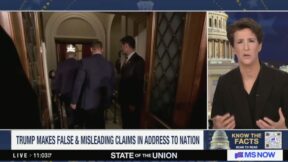
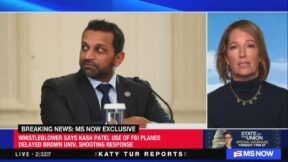

Comments
↓ Scroll down for comments ↓